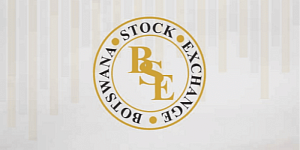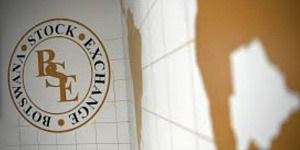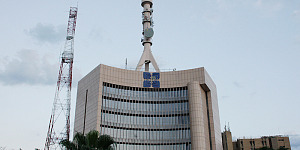Although there were no new listings on the Botswana Stock Exchange Limited (BSEL) in 2020, the local stock market still experienced some positives during what was a tough year.
According to the BSEL Market Performance Report for 2020, the local bourse experienced tremendous activity in the equity primary market and in the fixed income market in terms of new bonds listings.
During the year, additional share issuance on the BSE is reported to have raised capital amounting to P103.9 million and P86.5 million on the domestic board and foreign respectively.
On the bonds side, new bonds issued by corporates raised P465 million, whereas government bonds raised a record P5.2 billion through additional tranches of existing bonds.
This level of activity is credited to the effort made by the stock exchange in sensitizing the market and issuers as to how companies can use the stock exchange during and post Covid-19 pandemic.
During 2020, the local stock market registered a total of P3.2 billion, a decline of 14.1 percent from the P4.2 billion turnover recorded in 2019.
This is said to be mainly on account of a 61.4 percent reduction in equity turnover relative to 2019.
However, bonds on the other side are reported to have recorded a 26.7 percent increase in turnover which is attributed to the high demand for capital especially during an economic downturn, by both corporates and government.
For Botswana, the BSE says increased amounts of capital through bond issuances are expected given the declining revenue contributions from key sectors, the Government’s objective of sustaining a fiscal deficit for the three coming years, and also the generally low domestic debt ceiling, which provides space for bond issuances.
The performance of the local equities is said to be, to a larger extent reflective of the trajectory of the local economy.
“The operational performances of listed companies have been adversely affected by the restrictions imposed to contain the virus, among others, and this translated into lower trading activity as investors rather preferred to trade cautiously,” highlights the market performance report.
From a return perspective, the Domestic Companies Index (DCI) registered a decline of 8.2 percent compared to a decline of 4.6 percent seen in the previous year.
However, the majority of the companies are said to have maintained dividend payouts even amid declining profitability, a move which is believed to have cushioned the adverse performance of share prices.
This means that in total returns, the DCI total return index declined by a low amount of 3.6 percent.
As a result, while prices were declining on aggregate, it is reported investors were still able to benefit from the dividend payouts and this helped to reduce the overall decline in price returns.


















































